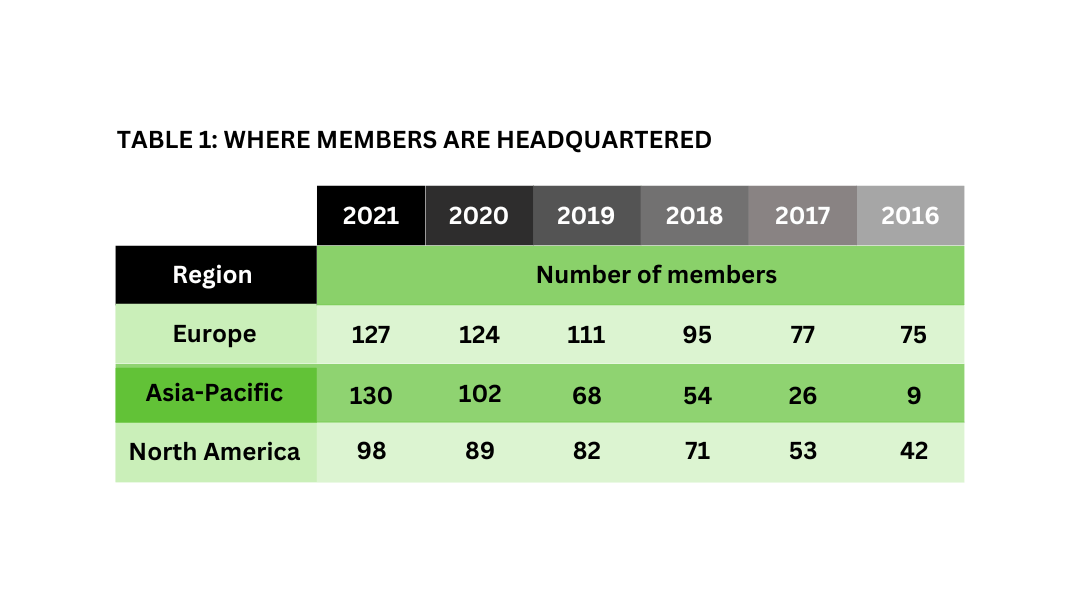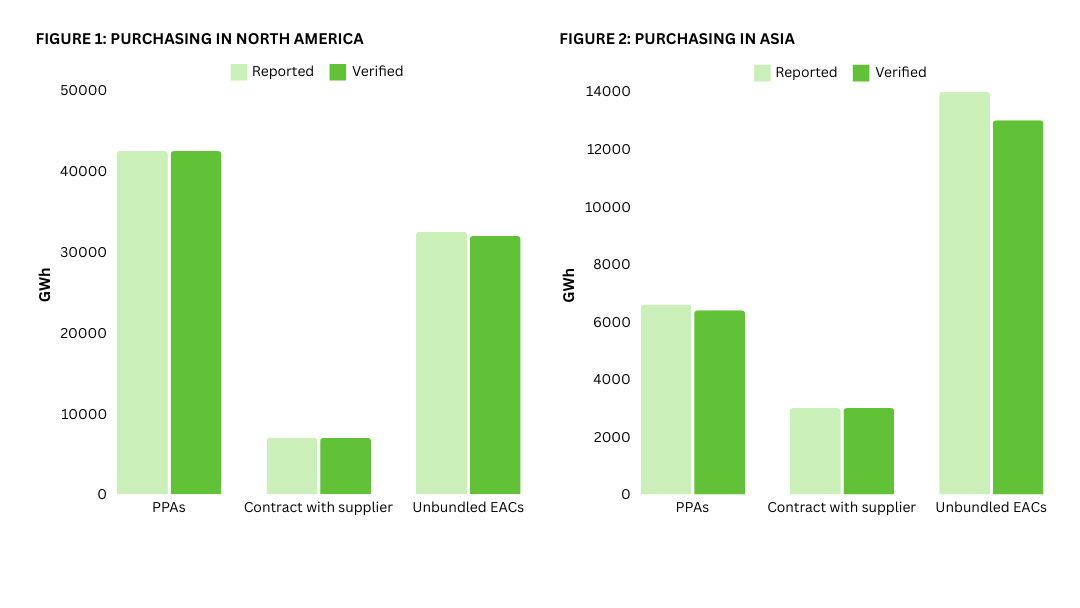Introduction:
In the dynamic landscape of corporate sustainability, the RE100 initiative has emerged as a powerful force, driving businesses worldwide towards a cleaner, more sustainable future. RE100, a global initiative led by influential businesses committed to 100% renewable energy, has sparked a paradigm shift in the way corporations approach their energy consumption. In this blog post, we’ll delve into the profound impact RE100 has had on corporate sustainability efforts and the ripple effects it creates in the broader context of environmental responsibility. Since its launch in 2014, RE100 has significantly impacted corporate sustainability in several key ways:
1. Acceleration of Renewable Energy Adoption: One of the most notable impacts of RE100 is its role in accelerating the adoption of renewable energy among corporations. By setting ambitious targets to transition to 100% renewable energy, participating companies have spurred investment in renewable infrastructure and technologies, driving growth in the renewable energy sector globally.
2. Market Transformation: RE100 has played a pivotal role in transforming the energy market by creating a significant demand for renewable energy. As more companies commit to sourcing renewable energy, utilities, and energy providers are compelled to offer more renewable energy options, thus shifting the energy market towards sustainability.
3. Demonstration of Corporate Leadership: Participating in RE100 allows companies to demonstrate their commitment to sustainability and corporate responsibility. By publicly committing to 100% renewable energy, companies showcase leadership in addressing climate change and reducing carbon emissions, enhancing their reputation among consumers, investors, and stakeholders.
Highlights from RE100 members:
Members have disclosed the utilization of 376 terawatt-hours (RE100 Annual Disclosure report, 2022) (TWh) of electricity, surpassing the electricity consumption of the United Kingdom and constituting approximately 1.5% of the world’s total electricity consumption. As of the latest update (Annual Disclosure Report, 2023), the RE100 initiative has expanded to include 420 members, collectively accounting for up to 500 TWh in annual electricity consumption.
From 2018 onward, the majority of new additions to RE100 have predominantly originated from the Asia-Pacific region. As of 2021, 28 out of the total 48 new members, comprising 58% of the additions, have their headquarters situated in this geographical area (Table 1).

In North America, procurement comprises 47% of the total reported procurement of renewable electricity among members. Power Purchase Agreements (PPAs) constitute half of the procurement activities within the region. Collectively, members in the region procure 65% of their electricity from renewable sources (Figure 1).
In Asia, the procurement of renewable electricity reported by members stands at 15%, reflecting a portion of the overall procurement activities. Despite this, the region contributes significantly to RE100’s electricity consumption, accounting for 36% of the total. Unbundled Energy Attribute Certificates (EACs) are the primary method of procurement in Asia, constituting 52% of the purchased volume. In total, members in the region procure 15% of their electricity from renewable sources (Figure 2).


Impact of RE100 on Corporate Sustainability
Joining RE100 offers corporates a multitude of benefits that align with their sustainability goals and broader corporate strategies. Firstly, participation in RE100 demonstrates a clear commitment to combating climate change by transitioning to renewable energy sources. This commitment enhances the company’s reputation and demonstrates environmental leadership, appealing to eco-conscious consumers, investors, and stakeholders.
Moreover, joining RE100 provides corporations with a platform for collaboration and knowledge-sharing within a community of like-minded organizations. Through RE100, companies gain access to valuable resources, best practices, and insights into renewable energy procurement strategies, facilitating the transition to sustainable energy solutions.
Participation in RE100 also helps corporations future-proof their businesses by mitigating risks associated with fossil fuel dependency, such as price volatility and regulatory uncertainties. By transitioning to renewable energy, companies can reduce their exposure to these risks while ensuring long-term resilience and competitiveness in a rapidly changing energy landscape.
How Coral Future can help you to join RE100:
1. Assess Energy Consumption:
Companies considering joining RE100 must first assess their current energy consumption. Understanding the baseline energy usage enables organizations to set realistic goals for transitioning to 100% renewable energy.
2. Develop timeline for RE100:
Setting a renewable electricity target for RE100 involves establishing a commitment to transition to 100% renewable electricity for corporate operations within a specified timeframe. This target typically includes electricity consumed across all company-owned facilities, operations, and activities worldwide. Based on the assessment, we can help you define your renewable electricity target, typically aiming to procure 100% of electricity from renewable sources. The target may include a specific timeline or deadline for achieving the goal, such as reaching 100% renewable electricity by 2030 or 2040.
3. Develop a Renewable Energy Strategy:
Work on developing a strategy to transition your operations to renewable electricity sources. One of the alternatives could be I-RECs (International Renewable Energy Certificates) which can play a significant role in supporting RE100 initiatives by providing a mechanism for organizations to demonstrate and verify their renewable energy consumption. I-RECs certify the generation of renewable electricity. By purchasing and retiring I-RECs, RE100 members can demonstrate that they are sourcing their electricity from renewable sources. Another solution would be PPA (Power Purchase Agreements) and on-site renewable project development.
4. Submit a Membership Application:
Once you’re ready to commit to the initiative, Coral Future supports you to formally apply for membership with RE100.
5. Report Progress:
Once you’ve joined RE100, you’ll need to regularly report your progress towards your renewable energy goals. This may include providing data on your renewable energy consumption, investments, and achievements. Coral Future can assist you in preparation of these reports.
In conclusion, RE100 stands as a pivotal force driving corporate sustainability, empowering businesses to embrace renewable energy and lead the charge towards a greener, more sustainable future. As more companies join this movement, the collective impact grows, propelling us closer to a world powered entirely by clean, renewable sources—a goal that is not only attainable but imperative for the well-being of our planet. Joining RE100 isn’t just a commitment; it’s a catalyst for positive change, demonstrating that sustainability and profitability can go hand in hand.



